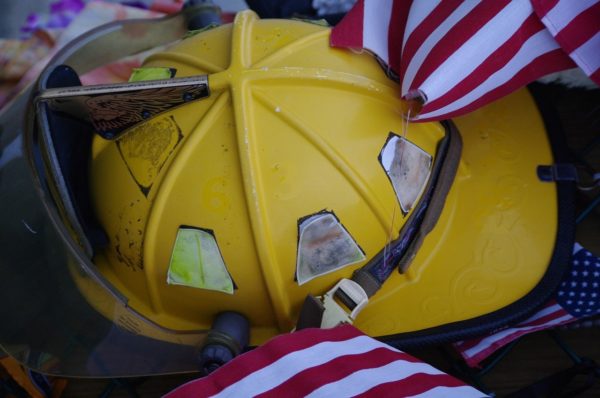In 2019, fully sixty-five percent of the population of the United States was under 40 years of age, demographers tell us. And by applying simple math to that number, we can say with a good deal of certainty that twenty years ago on 9/11/2001 literally millions of Americans were toddlers or children younger than ten. These numbers are important because they can provide a context in which to examine the significance of the days just past here in America as well as to speculate about the future.
We hope and believe that most Americans watched or listened to the news coverage of the events of 9/11, now 20 years ago, that so marked our national conscience and wrenched our individual and corporate hearts. It was our unspeakable American tragedy; it was our moment of national allegiance and unity. It also was– and is and will be –an event that fewer and fewer of us can claim to clearly remember first hand with each and every year that passes. And we hope that there “virtual” participation in those ceremonies will not just be like watching another news report or television special. Rather it will be a sacred and shared memorial moment that will abide with them, as it has with those survivors, aand responders and witnesses who experienced it in real time.
Those gifted young people then, with so much promise and life ahead of them, who worked in the Twin Towers and lost their lives that day, would be at least middle-aged now. The same can be said of the majority of first responders who put their own lives in danger – and the thousands of them who later died as a result of 9/11 related diseases. All of this is simply to recognize that while the horrific disaster that stole our hopes and tainted so many of our dreams was a national tragedy, it was also, in a sense, a generational one. Such can be said of every catastrophic event in history, of course. But we can also assume that this year’s national remembrance of 9/11 at Ground Zero, as well as all the events that rightly memorialized its victims and their families, spoke most eloquently, deeply and grievously to those of us who were either the contemporaries of those who died or to their elders. Those of us who have vivid personal memories of that tragic and horrific day.
While it might seem strange to regard 9/11 in this way, it should not. As a nation and as a people, we learn who we are as much by looking back at historical events and contemplating who we were as we do by examining who we are now or by gazing forward into an imagined future. For example, we annually honor those soldiers who stormed the beaches of Normandy, although few of them and even of their contemporaries are still alive today. And so it is in such a time-honored national tradition that now we do, as in the future we most surely will, remember with respect, gratitude and praise those who put out the flames and combed through the rubble on 9/11. We call them heroes, because they were, because they still are, and for us Americans they always will be.
Today all of those brave men and women who survived the tragedy of the September 11th attack or who witnessed and watched it in real-time have at least reached middle age. Others are seniors now. Regardless of their age, for all of those with personal remembrance of the events and experiences of that dark day in September now 20 years past, this year’s commemoration doubtless brought renewed sorrow.
At the same time, it surely must have conjured pride in who we as Americans were on that fateful day, confidence in who we are now, and conviction in who we will continue to be together — every day, every way, in every circumstance that the future might bring. And that too is something that we should never forget.

